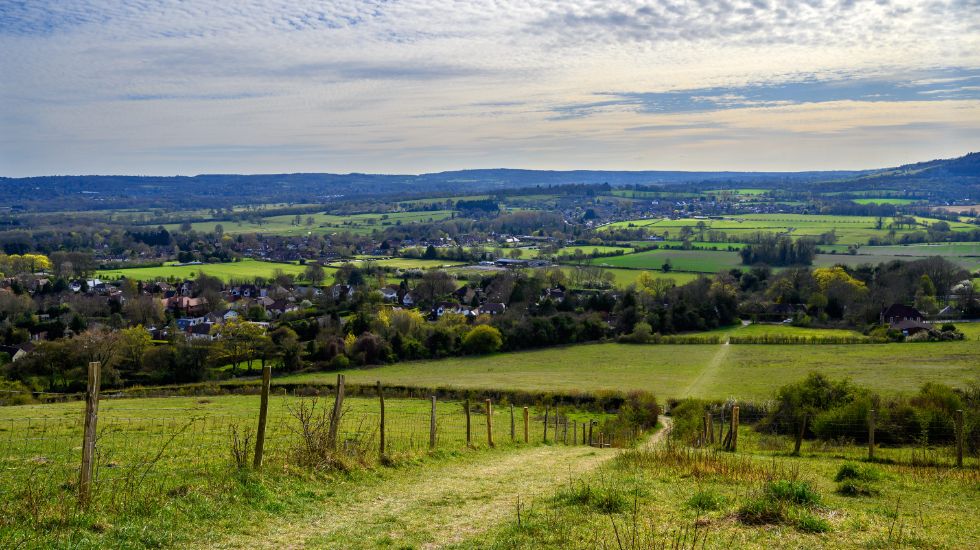
Insight
Farm businesses have diversified over many years to provide the business with different streams of income, such as letting farm cottages or glamping or establish mini industrial estates in redundant farm buildings or using land for go-cart racing.
For some years now, farmland has been taken out of production and given over to solar farms or wind turbines. This has given a welcome income stream to farmers, particularly when facing a time of turmoil in the agricultural industry. With the push to make the country net zero, this will become an increasingly useful stream of income and at the same time allowing for a greener form of energy.
However, the longer term implications of taking farmland out of production does need to be considered. Agricultural relief for inheritance tax purposes is available on land used for agricultural purposes. By taking land out of production it means that the land is no longer being used for agricultural purposes. This would mean agricultural relief is lost. Another attractive relief available to farmers is business relief where the asset is part of the overall farm trading business.
It will depend on how the land is actually used as to whether either of these reliefs is still available or not. It may be possible for the land to still be used for agricultural purposes alongside the solar or wind farm provided this is permitted by the agreement. Possibly sheep are able to graze the land, for example. If this is the case then the land is still being used for agricultural purposes. However, the agricultural value, as opposed to the market value which would be different, of the land may be reduced by the presence of the solar or wind farm. Therefore, agricultural relief may be available against the agricultural value but not the full market value.
The difference in value between agricultural and market value may qualify for business relief if looking at the at the farm business as a whole it is still considered to be a trading business taking into account the income stream from the solar or wind farm lease . There are various factors that would need to be taken into consideration in coming to a decision about whether the business is considered to be one that is mainly trading or not. With other types of diversification that may have been entered into on the farm, such as letting cottages for holiday lets, the additional income from a solar or wind farm may tip the balance the wrong way so that HMRC would be of the opinion that the business is no longer one of a trading business but instead one of investment.
Where a business is mainly receiving rental income it will not be considered be a trading entity This has been seen in various Court cases over the years in relation to furnished holiday lets and caravan parks. Where this is the case then the business as a whole could lose the valuable reliefs.
If a lease is going to be entered into for a solar or wind farm then consideration should be given at an early stage as to whether this land should be separated from the remaining farm business in order to preserve the reliefs on the rest of the farm. It is necessary to think about these reliefs before any option agreement is signed. Thought should be made to possibly transferring the land to a different business entity or perhaps passing the land down to the next generation or transferring the land to a trust. Other consideration would need to be taken into account such as possible capital gains tax or clawback of inheritance tax if the person giving the land away died within seven years and the land no longer qualified at the death for agricultural or business relief.
If you have any questions about the points raised in this article, please get in touch.
